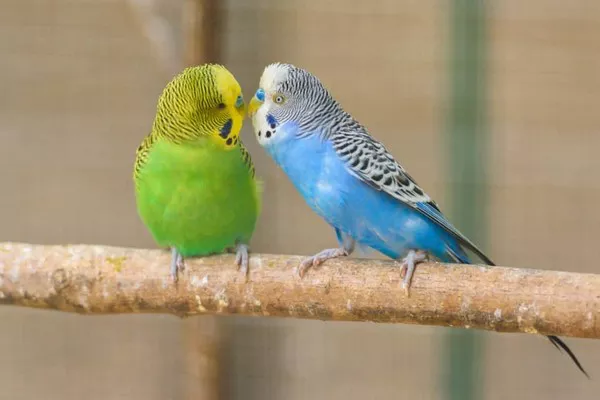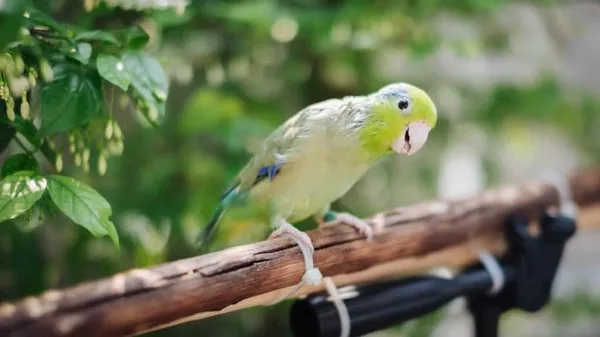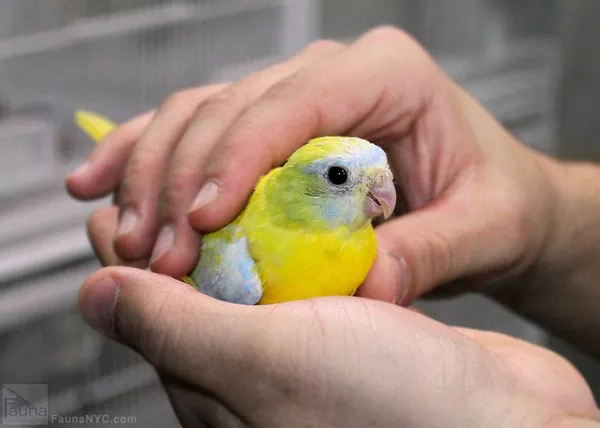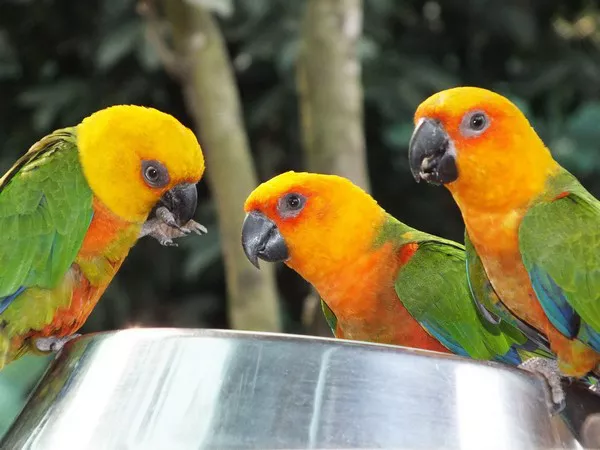Indian Ringneck Parrots, with their vibrant plumage and charming personalities, have captured the hearts of bird enthusiasts around the world. However, before bringing these delightful creatures into your home, it’s crucial to understand the legal status and regulations surrounding their ownership, especially in their country of origin, India. In this article, we will delve into the legal aspects of keeping Indian Ringneck Parrots as pets in India, shedding light on the rules and considerations that potential owners should be aware of.
The Wildlife Protection Act of 1972
The legal framework governing the ownership and trade of wildlife in India is primarily outlined in the Wildlife Protection Act of 1972. This act aims to conserve and protect the country’s diverse flora and fauna, including birds like the Indian Ringneck Parrot. The act categorizes species into different schedules, with varying levels of protection and regulation.
Schedule IV Species
The Indian Ringneck Parrot, scientifically known as Psittacula krameri manillensis, is classified as a Schedule IV species under the Wildlife Protection Act. This classification implies that these parrots receive a moderate level of protection, with certain provisions for their ownership and trade. It’s important to note that this classification may vary depending on regional or state regulations, so potential owners should consult their local authorities for precise information.
Ownership and Trade Regulations
Under Schedule IV of the Wildlife Protection Act, ownership of Indian Ringneck Parrots is allowed, but certain regulations and restrictions apply. These regulations are put in place to prevent illegal trafficking, protect wild populations, and ensure the welfare of captive birds.
1. Registration and Documentation
To legally own an Indian Ringneck Parrot, individuals are often required to obtain necessary permits and documentation. These documents typically include a Certificate of Ownership or a valid license, issued by the respective wildlife authorities. The registration process may involve providing information about the bird’s source, lineage, and origin.
2. Trade and Transfer
The act also regulates the trade and transfer of Schedule IV species, including Indian Ringneck Parrots. Any sale, purchase, or transfer of these birds must adhere to the guidelines set forth by the wildlife authorities. Unauthorized trade can lead to legal consequences and contribute to the illegal wildlife trade.
3. Welfare Standards
Owners of Indian Ringneck Parrots are obligated to provide appropriate care and living conditions for their birds. This includes ensuring proper housing, diet, veterinary care, and social interaction. Neglect or mistreatment of these birds can result in legal action and penalties.
4. Conservation Efforts
The Wildlife Protection Act of 1972 underscores the importance of conserving native wildlife species, including the Indian Ringneck Parrot. It’s essential for potential owners to be mindful of the species’ conservation status and make responsible choices to support their long-term well-being.
Conclusion
Owning an Indian Ringneck Parrot in India comes with legal responsibilities and obligations to ensure the welfare of the birds and the conservation of their species. Aspiring pet owners should be aware of the Wildlife Protection Act of 1972 and its implications for the ownership, trade, and care of Indian Ringneck Parrots. Obtaining the necessary permits and adhering to legal guidelines is crucial for creating a harmonious environment that balances the joy of having these parrots as companions with the imperative to protect their natural habitats and populations.
Recommended reading:
























